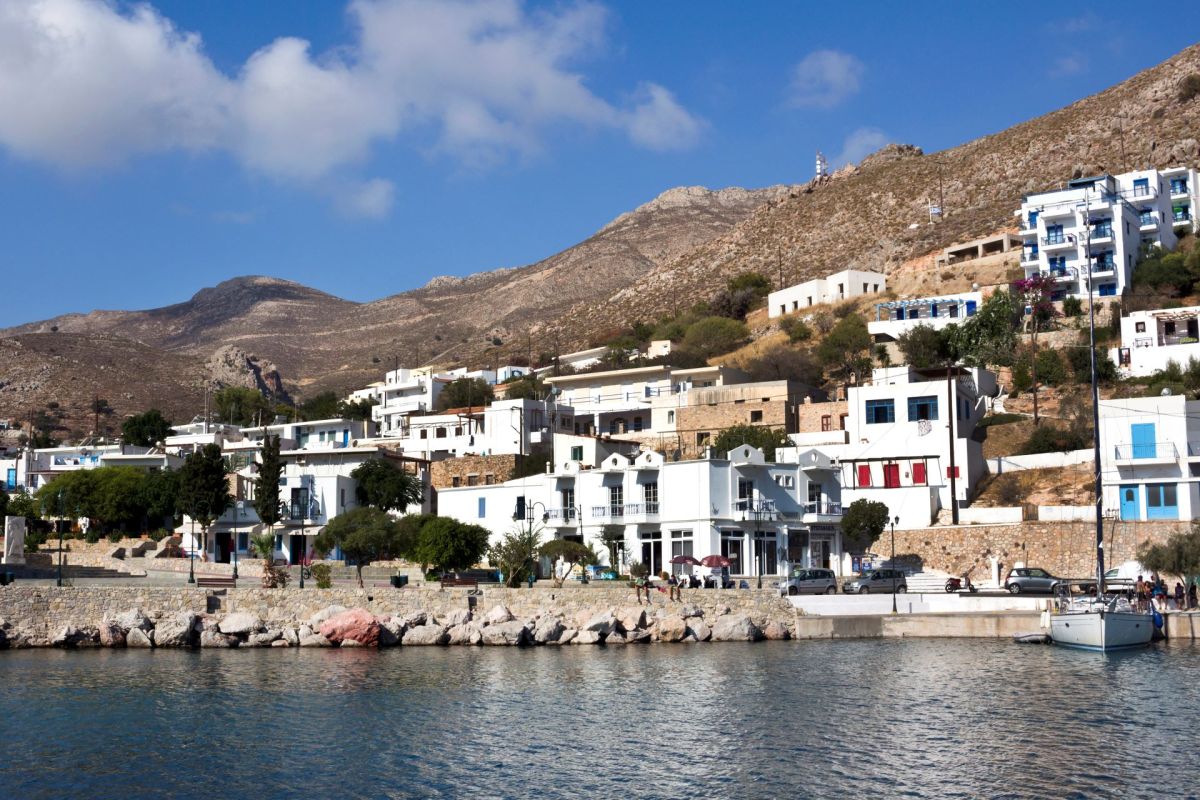You may not have heard of the little Greek island of Tilos, but big things are happening on it. Thanks to the collaborative efforts of its citizens and circular economy company Polygreen, the island has almost eliminated waste. After the resounding success on the island, they want to help other places do the same.
The zero-waste project began last year, and in just that short time, residents and businesses were able to reduce their waste by almost 40%. Of the waste that still exists, only 12.6% is considered nonrecyclable — but Polygreen would still like to drop that to 5%.
So how did they do it? Maybe Polygreen's founder and chairman, Athanasios Polychronopoulos, explained it best.
"If you give [the residents] a service with respect, they respect you. If you are consistent, they will believe in you. If you are transparent, they will become your allies," he told Reuters.
The project relied entirely on the knowledge and cooperation of the residents on the island. That's why Polygreen didn't just take away the trash bins on the island and tell residents to recycle more. They went to painstaking lengths to educate households and businesses on how to sort their waste into recyclables, organic waste, and nonrecyclables, according to Reuters. The new knowledge is accompanied by an app that provides feedback on how much waste each location produces and how well they sort their material.
Now, the 745 residents of the island are benefiting from the change. At a local recycling center, their waste is sorted into 25 streams, reports Reuters. The organic waste is made into compost, which is then given to residents; special waste, like appliances or fabrics, is transported to the Centre for Creative Upcycling for repair and reuse; nonrecyclables are processed for energy conversion; and recyclables are, well, recycled.
With the success in Tilos, Polygreen is now looking to launch the project on a larger scale — notably with 150,000 residents in a district of Abu Dhabi, per Reuters. While the scale is larger, the process is the same.
"We'll slowly educate people to produce less waste, to produce better recyclables, and then, through the app, we'll also introduce them to products that are reusable," Polychronopoulos told Reuters.
But Polychronopoulos also says other measures could help encourage residents to eliminate waste, like larger landfill taxes and increased fines for dumping waste.
"The existing waste model is a cancer to our society. I'm using this word deliberately," Polychronopoulos said. "In 10 or 15 years' time we'll look back at what we did and ask: Why did we throw (away) all these valuable materials?"
Join our free newsletter for cool news and actionable info that makes it easy to help yourself while helping the planet.









